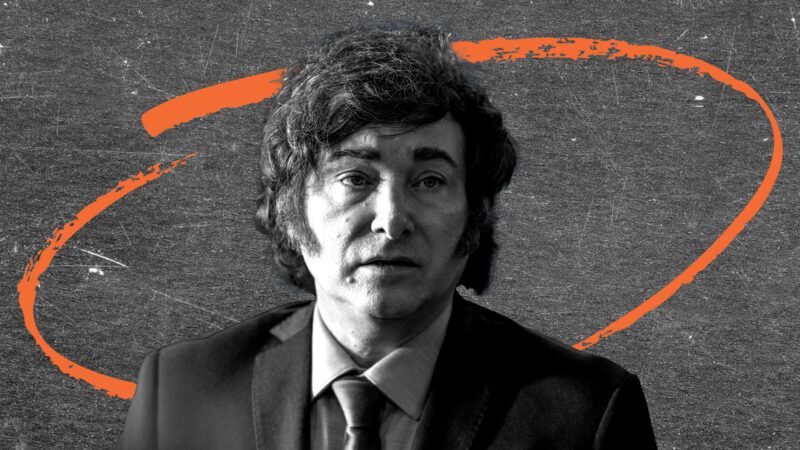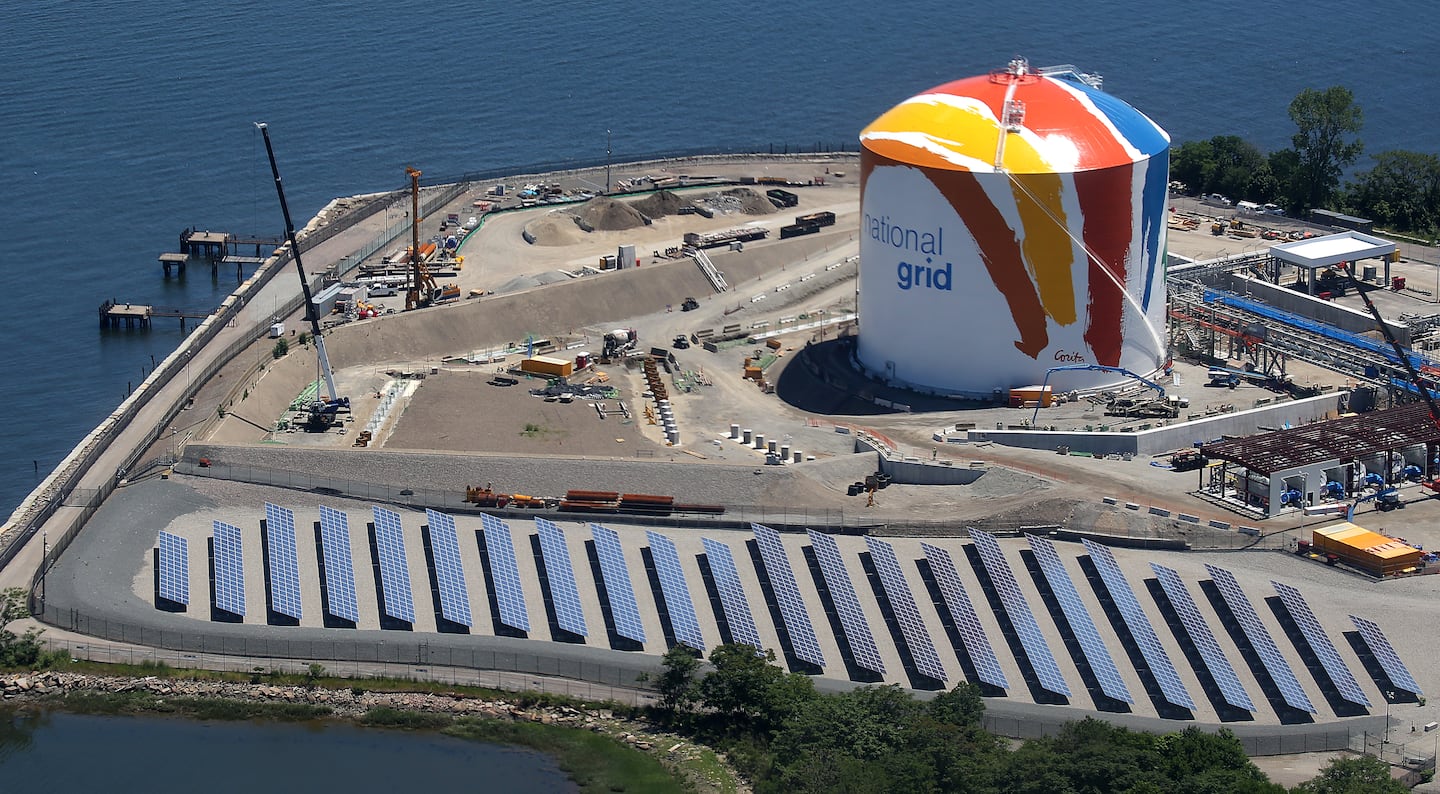UPDATE: Argentina’s political landscape is on the brink of upheaval as the crucial midterm elections on October 26, 2025 are set to determine the fate of President Javier Milei and his controversial libertarian reforms. Just last week, the Trump administration announced a $20 billion financial rescue package for Argentina, which could escalate to $40 billion, prompting concerns about Milei’s credibility as a free-market advocate.
The financial aid, including a rare direct purchase of pesos, has momentarily stabilized the market but has raised alarms about Milei’s governance and his political movement’s viability. His party, Freedom Advances, currently holds a meager 37 out of 257 seats in the Chamber of Deputies, making legislative progress increasingly precarious. The upcoming elections will see voters elect half of the Chamber and a third of the Senate, and Milei needs to secure at least 86 seats to gain veto power.
As Milei’s popularity wanes, the stakes have never been higher for libertarians. If he fails, it could signal the end of radical free-market reforms in Argentina’s complex political environment. His struggle for ideological purity has led him to forge uneasy alliances with centrists and leftists, diluting his original agenda. Critics argue that the need for U.S. intervention highlights the limits of his libertarian vision, as entrenched political factions resist his proposed changes.
In a striking turn of events, Milei’s administration has been criticized for staffing key positions with members of the political establishment he once vowed to dismantle, including former officials from the Peronist regime. The fervor that propelled him into power has diminished, particularly after his party suffered a significant defeat in local elections in the province of Buenos Aires, home to 40 percent of the electorate. The political machines built on decades of clientelism have rallied against him, challenging his reforms and demonstrating a resurgence of Cristina Fernández de Kirchner’s movement.
Public sentiment is shifting as recent polling indicates growing dissatisfaction with Milei’s handling of the economy. While inflation has decreased from 211 percent in 2023 to a projected 27 percent by the end of 2025, the pain of economic adjustment has left many Argentinians struggling. Concerns about rising poverty levels, which have fallen from 43 percent in early 2024 to 24 percent by mid-2025, have fueled calls for accountability.
Milei’s critics are vocal, with journalist Eduardo Feinmann questioning the ramifications of his policies: “Since you took office, 26 companies have been closing every day. Eighty percent of people can’t make it to the end of the month.” Milei insists that “the worst has passed,” but his position remains vulnerable as the midterms approach.
The Trump administration’s support hinges on Milei’s electoral success, with officials stating, “If he wins, we are staying with him, and if he doesn’t win, we’re gone.” The urgency of the situation is compounded by Milei’s recent political and corruption scandals, including the collapse of a cryptocurrency he promoted and allegations involving key advisers.
As the countdown to the midterm elections continues, the question looms large: can Milei transform his outsider rage into effective coalition-building? The next few weeks will be critical for the future of his presidency and the ideological battle shaping Argentina’s economic landscape. With the eyes of the world on Buenos Aires, the outcome will have profound implications, not just for Milei’s administration, but for the entire nation.
Stay tuned for live updates as the situation develops in the lead-up to the elections.







